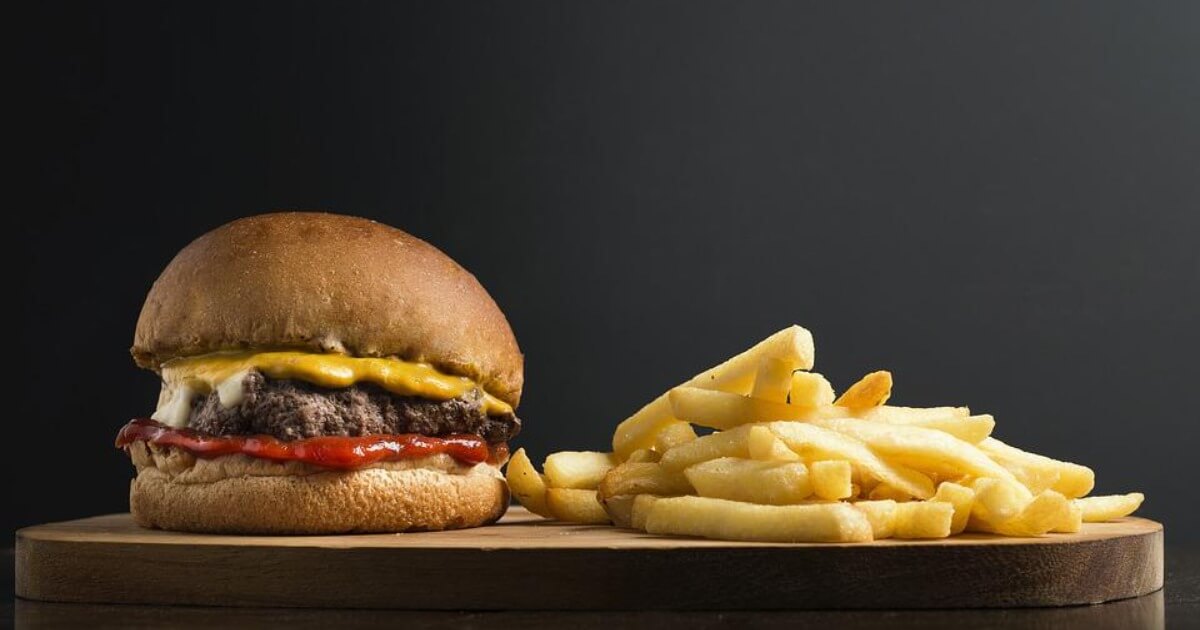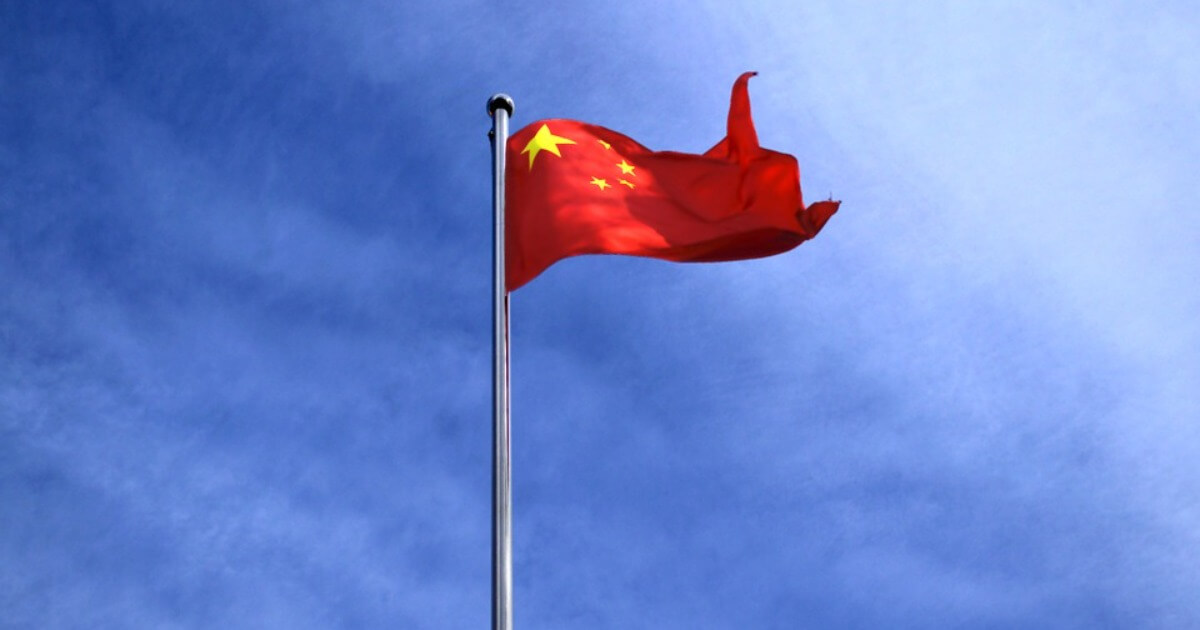Global Cuisine: Migraines in Beijing and Jet Lag in Thailand
How the food industry turns you into an addict.
April 4, 2021

Backpacking around China a couple of years ago, once I was out of Beijing, coffee became unavailable at the level I was travelling. A migraine victim, I felt one homing in by Day Three and swallowed a precious pill.
Each of the next four mornings the same occurred, until (light bulb flash!) I realized I was suffering from caffeine withdrawal.
A fellow traveler suggested Red Bull for breakfast. A regular can contains just under the same amount as in a cup of coffee, albeit none of the joy.
Red Bull turned toothpaste-marketing director Dietrich Mateschitz into a billionaire. I struggle to picture the young person intent on becoming a toothpaste marketing director, but his experience with Krating Daeng unleashed his inner entrepreneur.
The Thai origins of Red Bull
Landing in Thailand crippled by jet lag, he was given a glass of this local drink to set him back on his feet. Meaning “Red Bull,” it targeted rural laborers — pushing them to greater exertion. Mateschitz was cured, inspired and bought the rights to the recipe.
Red Bull sells more than any other energy drink — 7.5 billion cans globally in 2019. Wow, you say. Ha! Scoffs Big Food. Peanuts.
And when it comes to making serious money, Big Food knows its snack foods. Take crisps. In 2019, the global market was $30 billion.
Scientists are massively funded by Big Food to devise schemes to help them steal from their rivals what is called “stomach share.”
Targeting your stomach via your brain
No, you don’t own your stomach. It’s a commercial battle ground.
Experts on cravings are hired to produce mathematical models linking ingredients to specific sensory responses to them. An enticing new product can be engineered almost by ticking boxes on a list.
Neuro-marketing uses sophisticated medical technology, eye trackers, biometrics and facial coding to study the brain’s response to marketing stimuli. Manufacturers harness the resulting information to trigger our brain’s pleasure center to buy whatever product they impel us towards.
Food addiction is a thing. Big Food invests serious money to stimulate it.
Not surprisingly, the most addictive foods are highly processed, deliberately enhanced with fat and salt or sugar, food not found in nature. It’s the food snarfed down almost before you’ve noticed you’ve eaten it.
The biggest addictive culprit — the potato chip
Biggest culprit on a list that includes pizza, white bread, potatoes, pastries, sugary breakfast cereals is the crisp — or potato chip.
Its brain-rewarding, pleasure-buzz combination of salt, and fat, and sugar, creates an urgent craving for more. The sugar is in the potato’s starch, absorbed fast, and causing blood glucose levels to spike.
This manipulated craving even has a name — hedonic hyperphagia — meaning eating to excess for pleasure, not hunger.
The biggest potato chip factory in the world is the Walkers plant owned by Frito-Lay — the American subsidiary of PepsiCo, in Leicester, UK. It produces over 11 million bags a day, from 800 tons of potatoes.
If you consider the entire snack food market is expected to reach $264.8 billion in 2023, the lengths to which manufacturers of any snack will go to compete for a share shouldn’t surprise you.
Frito-Lay’s investment in a neuro-marketing study that established consumers’ delight in the orange messiness of Cheetos resulted in The Orange Underground — an inspired series of TV ads.
The Battles of the Bulges
Over 73% of U.S. adults are overweight or obese. In the UK, it’s closer to 30% — but rising fast. When consumer pressure grows on governments to clamp down on the manufacture of unhealthy foods, producers simply alter ingredients.
Public awareness of the impact of trans fats on weight gain and the increase in Type-2 diabetes among children in particular, forced General Mills and Kellogg’s to remove trans fats from their breakfast cereals.
The result? They tasted like damp cardboard. To restore essential “in the mouth feel,” so much more sugar was added that the cereals were greater in calories than they had been when they contained trans fats.
General Mills added so much sugar to its Yoplait yogurt that it contained twice as much sugar per serving as its Lucky Charms cereal stuffed with marshmallows.
So, what tops the list of least addictive foods? Cucumber. Feast on.
What would Grandma (or Great-grandma) do?
The simplest way to judge whether that processed product your supermarket is pitching at you is for your benefit or the benefit of the manufacturer, is to ask yourself, depending on your age, would my grandmother (or great-grandmother) have bought it?
If the answer is probably not, perhaps you, too, shouldn’t reach for it off that shelf. The shelf, too, has been carefully picked — to position the product at your eye level. It’s all carefully planned.
Resist. The only science tools in your consumer arsenal are your grumbling stomach and shopping list.
We shouldn’t deny ourselves the pleasure of snacks. There’s really nothing to beat the crunch of a crispy coating with saliva-inducing dusting of salt on a snack picked up with the fingers.
But if you decide only to make your own, you’re likely to eat them less often. Try these, in the best batter in the world for frying fish.
Recipe for courgettes, zucchini fries
500g/1lb medium courgettes/zucchini
salt
400g/14oz plain flour
550ml/16fl oz very cold beer or soda water
cooking oil, for deep frying
3 tsp baking powder
½ tsp salt
Method
Create french fries by cutting the vegetables in half lengthways, across if necessary, then each half into 3 or 4 batons. Toss them copiously with salt and leave for 30 minutes to soften them a little. Run them under a cold tap to remove the salt. Thoroughly pat dry.
Freeze the flour for 15 minutes. That’s key. Heat 5-7 cm/2-3 inches cooking oil in a large pan over high heat.
Combine the baking powder and salt with the flour and lightly whisk in the cold beer or soda only enough to make a paste but not knock out the fizz. Spread paper towels beside your stove top.
Toss the fries in the batter to coat, then, lifting out a batch with tongs, shake off the excess and set them carefully into the hot oil, turning the heat down to medium high. Swirling them round to separate them, fry until gold — 2-3 minutes. Drain on paper towels and repeat. Salt them and serve hot.
They also benefit from a generous grating of Parmesan over the top… and a pinch of chili powder…
Takeaways
You don’t own your stomach. It’s a commercial battle ground.
Neuromarketing uses sophisticated medical technology, eye trackers, biometrics and facial coding to study the brain’s response to marketing stimuli.
Manipulated food craving even has a name -- hedonic hyperphagia, meaning eating to excess for pleasure, not hunger.
The most addictive foods are highly processed. It’s the food snarfed down almost before you’ve noticed you’ve eaten it.
The entire snack food market is expected to reach $264.8 billion in 2023.

